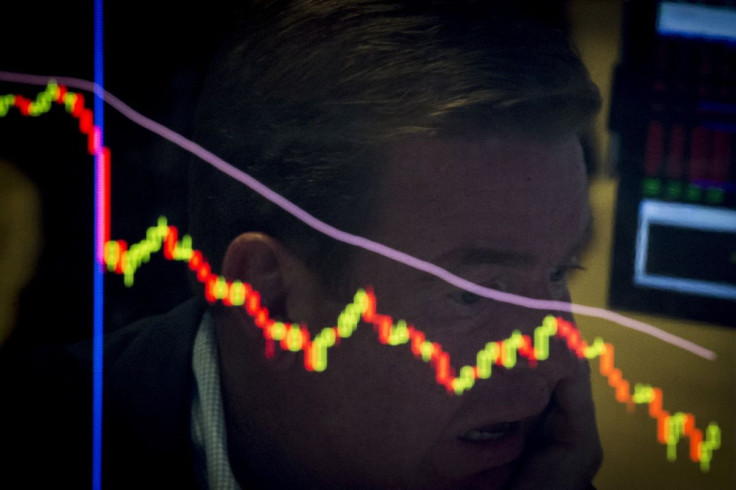Wall Street Poised To Clinch Bear Market As S&P 500 Tumbles

The benchmark S&P 500 was down more than 20% from its Jan. 3 record closing high in early trading Monday as investors sold stocks amid worries over whether the Federal Reserve will be able to tame inflation without triggering a recession.
A close of more than 20% below the record high would confirm the index was in a bear market, according to a commonly used definition. It would be the first time the S&P 500 has confirmed a bear market since the 2020 Wall Street plunge brought on by the COVID-19 pandemic.
Stocks have been volatile since the start of the year, with Russia's invasion of Ukraine in late February also taking a heavy toll on markets.
But increasing worries about inflation and the U.S. central bank's monetary policy tightening as it attempts to quell it have fueled much of the recent sell-off.
On Friday, major U.S. stock indexes posted their biggest weekly percentage declines since January and ended sharply lower on the day after a report showed steeper-than-expected rise in U.S. consumer prices in May.
"Consumer sentiment in the U.S. hit an all-time low in May due largely to higher prices and growing concerns inflation is here to stay," Morgan Stanley equity strategist Michael Wilson wrote in a note Monday.
With a break below the year's low and a move below 3,850, "we see potential downside in the S&P 500 to a little over 3,200," Lori Calvasina, head of U.S. equity strategy at RBC Capital Markets, wrote in a note.
The S&P 500 was last at 3,777.08, down 3.2%.
This year's downturn is a pivotal shift for the market after its swift and strong post-pandemic rally. The S&P 500 rose 114.38% from its closing low on March 23, 2020, to its Jan. 3 record closing high this year.
Earlier this year, the Nasdaq confirmed it was in bear market territory, the first of the three major U.S. indexes to hit such levels.
© Copyright Thomson Reuters {{Year}}. All rights reserved.




















